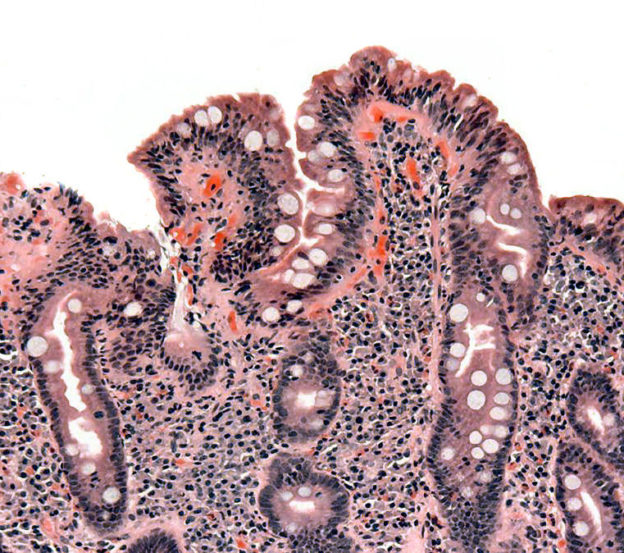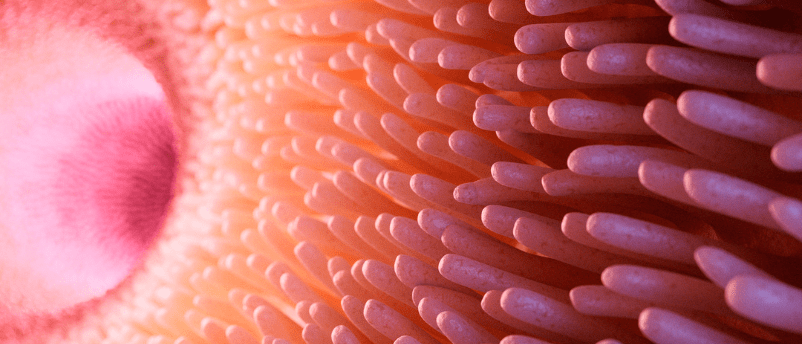

The rates of adverse effects were not analyzed statistically. difficile) was reported in the herbal therapy arm. However, there was a higher percentage of females than males in both groups (71% in the rifaximin arm and 78% in the herbal arm).Īdverse effects were reported in six individuals in the rifaximin treated arm, including one case of anaphylaxis, two cases of hives, two cases of diarrhea, and one case of Clostridium difficile(post-treatment). There was no significant difference in age, gender distribution, IBS-subtype distribution, or risk factors for SIBO in the populations completing treatment with rifaximin vs herbal therapies. The effect of treatments on symptoms was not assessed at completion of treatment. The population of individuals non-responsive to herbal therapies was not investigated for response to further treatments. These comparisons show equivalency.įourteen of the individuals not responsive to rifaximin treatment were offered herbal therapies, with 8 of 14 (57.1%) having a negative LBT after herbal treatment, while 10 of the individuals non-responsive to rifaximin were offered triple antibiotics with 6 of 10 (60%) having a negative LBT after triple antibiotic treatment ( P = 1.0). The odds ratio of having a negative LBT after treatment with herbal therapies compared to rifaximin was 1.63 (confidence interval, 0.72-3.70 P = 0.24) and 1.85 (CI, 0.77-4.41 P = 0.17) after adjustment for age, gender, SIBO risk factors (such as known gastrointestinal motility disorder or chronic proton-pump inhibitor use), and IBS status (diagnosed by Rome III criteria). Of the patients completing treatment with rifaximin, 23 of 67 (34%) were found to have a negative LBT with follow-up testing compared to 17 of 37 (46%) of those receiving herbal therapies ( P = 0.23). Philodendron bark ( Phellodendron chinense)Ĭhinese licorice ( Glycyrrhiza uralensis) Table 1: Herbs in Commercially Available ProductsĬhinese skullcap ( Scutellaria baicalensis) A subset of 24 patients who had completed initial treatment with rifaximin and were still found to have a positive LBT were further investigated for response to either herbal or triple antibiotic therapies. Exclusion criteria included patients 85 years of age and antibiotic use within 3 months. Symptoms suggestive of SIBO included abdominal discomfort, cramping, bloating, flatulence, eructation, diarrhea, symptoms worsened via food consumption, and low serum B12. In this retrospective case review, 104 individuals with SIBO symptoms and diagnosis via a positive LBT were treated for SIBO, including a post-treatment LBT. 3 Many individuals with IBS seek integrative treatment options, but the use of botanical antimicrobials and other oral supplements is common yet not well studied for effectiveness. 2 Rifaximin, an antibiotic with little to no systemic absorption, is the most commonly used antibiotic for the treatment of SIBO.

The amount of gas produced can be measured by a lactulose breath test (LBT) and is a common procedure for diagnosis of small intestinal bacterial overgrowth (SIBO). Lactulose is not absorbed or used by the gastrointestinal tract in humans, and is metabolized by bacteria into hydrogen and methane gas. 1 The population of microbiota in the small intestine creates gas as a byproduct of fermentation, leading to typical IBS symptoms, and may activate host mucosal immunity, leading to a wide array of systemic symptoms. The expansion of intestinal microbiota from the predominant location in the colon to the small intestine has been studied as one cause of irritable bowel syndrome (IBS).


Herbal antimicrobial combination therapies were similarly effective to triple antibiotic therapy in resolving rifaximin-refractive SIBO.Īdverse effects were more common and severe in individuals treated with rifaximin. A retrospective chart review of 104 patients undergoing treatment for small intestinal bacterial overgrowth (SIBO) with a 30-day course of rifaximin or herbal antimicrobials found that herbal treatments were at least equally effective to rifaximin for the treatment of SIBO.


 0 kommentar(er)
0 kommentar(er)
